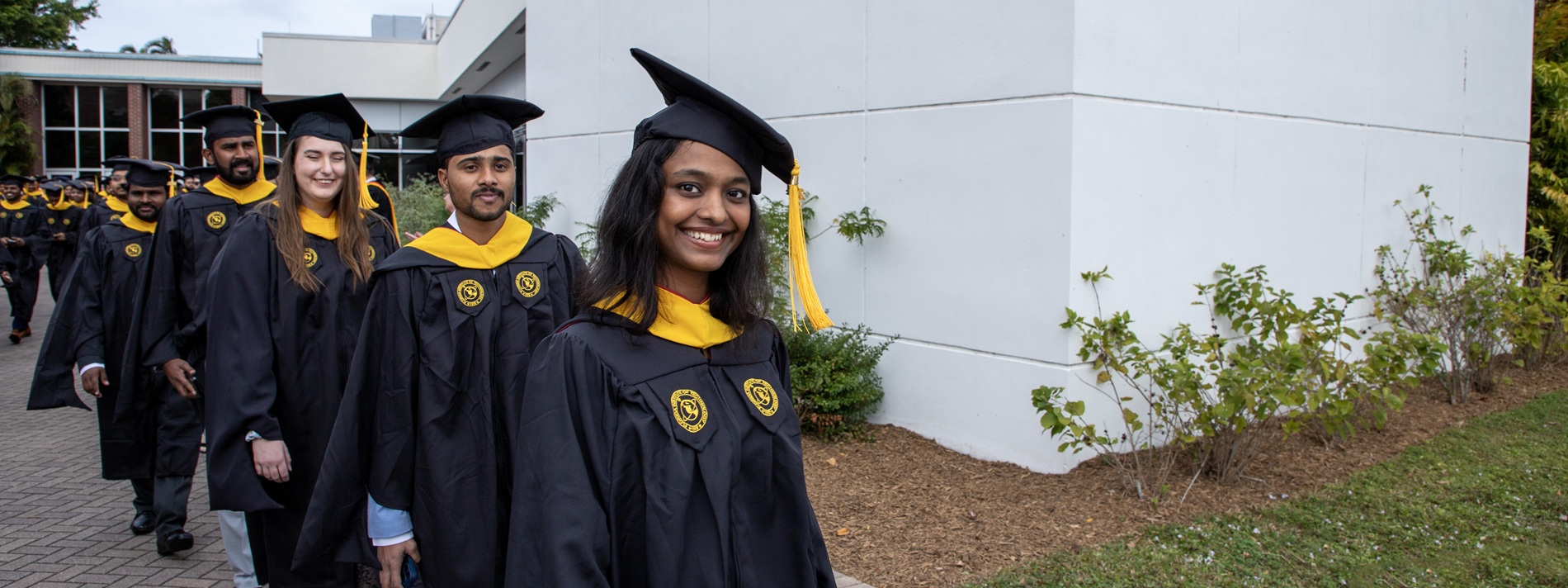The computer information systems degree program is distinct from business-oriented information systems programs in its emphasis on the technical aspects of computing.
Our curriculum immerses students in advanced topics such as computer programming, database management and systems design, providing a deep mastery of these areas.
The CIS degree offers hands-on experience through laboratory work, programming assignments and research, ensuring students gain high-level technical proficiency.

 Give to Florida Tech
Give to Florida Tech 


